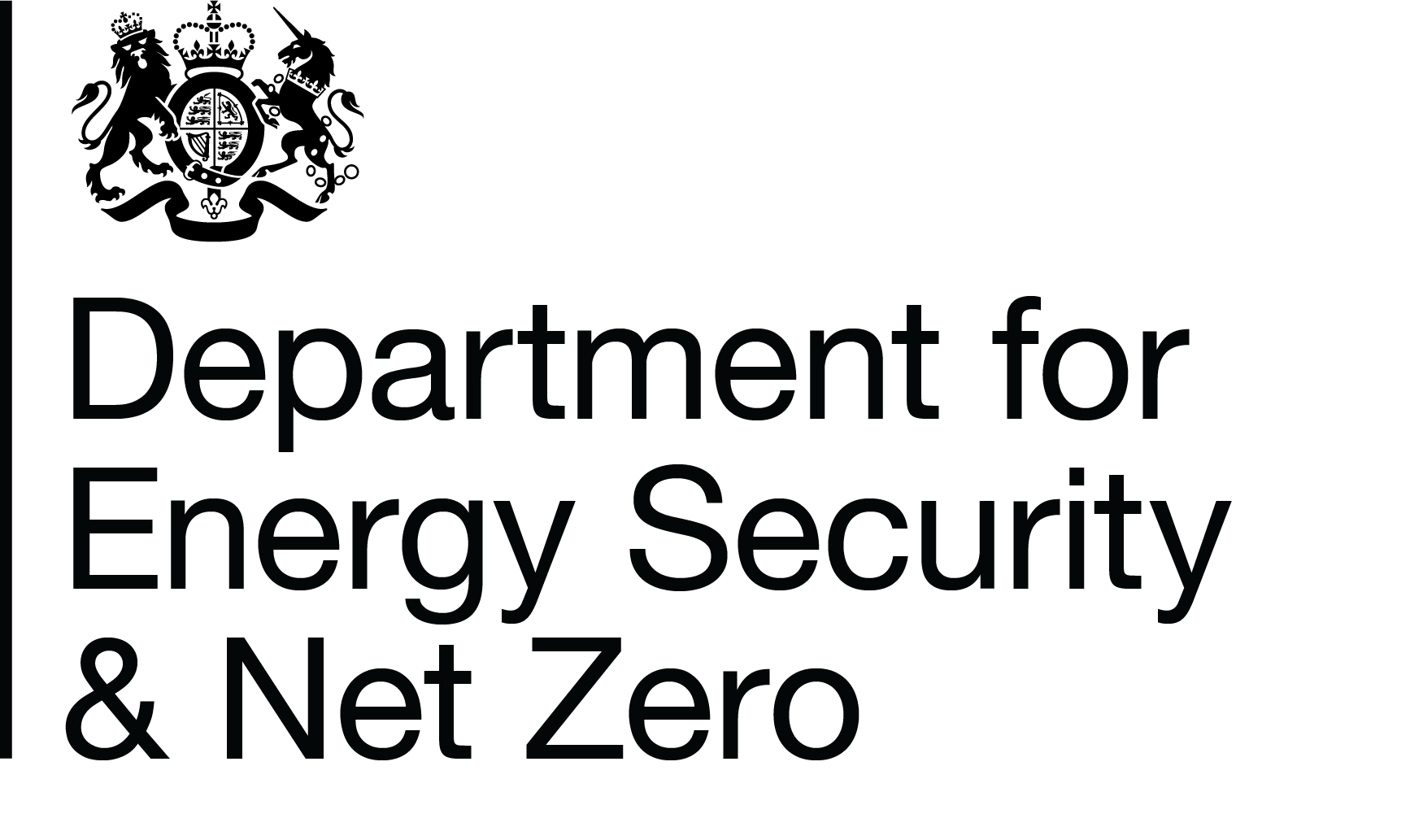Climate Change Agreements: proposal for scheme extension and views on reforms for any future scheme
Overview
In June 2019, the UK became the first major economy in the world to legislate to end its contribution to global warming by 2050, increasing the ambition of our commitments to reduce greenhouse gas emissions under the Climate Change Act. Decisive action will need to be taken by all sectors to achieve the transition to a net zero world, and the Government is prepared to support the economy through this in what will be a defining period of action for our country, and indeed for our planet, on tackling climate change; leading to the UK’s hosting of COP26 in Glasgow in 2021.
With 25% of UK greenhouse gas emissions coming from business, significant steps will need to be taken by the private sector to decarbonise. Incentivising energy efficiency is a powerful way of reducing carbon emissions and operating costs. Analysis conducted for the 2017 Clean Growth Strategy showed that up to £6 billion and 22MtCO2 could be saved in 2030 through investment in cost-effective energy efficiency technologies.
The Climate Change Agreements (CCA) scheme, first established in 2001, serves the dual purpose of making energy and carbon savings through energy-efficiency targets whilst also helping to reduce energy costs in energy-intensive sectors by providing a significant discount to Climate Change Levy (CCL) paid. The targets provide a basis on which organisations can make improvements to the energy-efficiency of their facilities over an 8 year period, ensuring their contribution to UK-wide goals, in return for a discount worth in total an estimated £300m annually on their Climate Change Levy bills.
There is strong support from businesses and industry for the scheme. Over 9,000 facilities across the UK benefit from participation in the scheme, and a recent evaluation of the scheme (link) found that between 80-100% of businesses were participating in most eligible sectors.
In Spring Budget 2020, the Government announced that the current CCA scheme will be reopened to new entrants for a set period and extended for a further two years until March 2025. This consultation sets out the Government’s proposals for how this extension will implemented. This includes how targets will be agreed to drive further energy and carbon savings in industry, and in response to calls from industry, an updated baseline year used to measure performance.
The Government is not proposing to reform the eligibility criteria for the extension or substantially review existing rules and processes for this interim period. Instead, we want to explore further reform in these areas as part of a longer-term review of the scheme, and we welcome views on the factors that should be considered as part of this.
Why your views matter
This consultation seeks views on the proposal to extend the Climate Change Agreements (CCA) scheme by a further 2 years through the addition of a new Target Period (from 1 January 2021 to 31 December 2022) and extending certification for reduced rates of CCL for participants meeting obligations under the scheme to 31 March 2025. The consultation also seeks initial views on potential reforms were there to be a future CCA scheme.
Audiences
- SMEs (small and medium businesses)
- Large businesses (over 250 staff)
- Multinational businesses
- Trade bodies
- Medium business (50 to 250 staff)
- Small business (10 to 49 staff)
- Low carbon technologies
- Manufacturing
Interests
- Industrial strategy
- Saving energy
- Energy and climate change
- Energy efficiency
- Energy and climate change
- Energy efficiency
- Carbon budgets
- Emissions
- Climate change
- Taxation
- Competitiveness

Share
Share on Twitter Share on Facebook